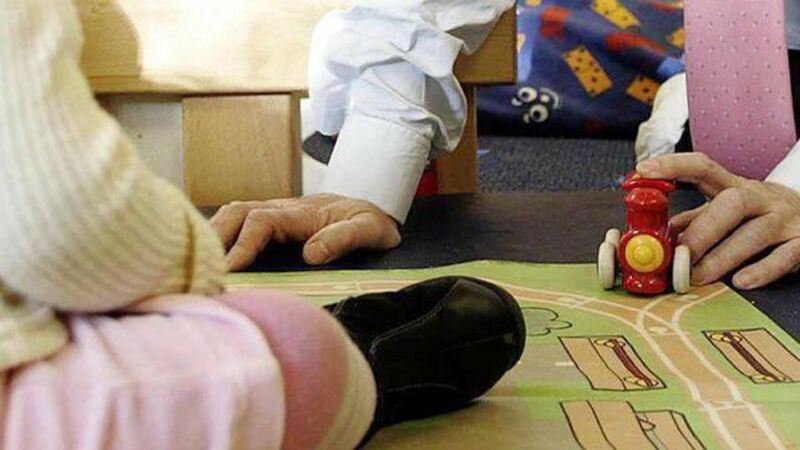Children’s disability services register shows 'risk of harm' due to staff shortages

Steering group warned of risk of harm to children due to Government decision to re-instate special school resource causing dramatic resourcing inequities'.
An internal risk register for children’s disability community services shows "risk of harm" due to staff shortages is still an issue despite senior staff raising red flags about it two years ago.
The register is compiled by the National CDNT (Children’s Disability Network Teams) Steering Group. It look at risks for 93 teams which currently support more than 46,000 children and have over 13,000 on waiting lists, including 9,008 waiting longer than a year.
The register shares concerns, dated September 2022, from the steering group itself around a plan to bring therapists back to special schools after the pandemic hiatus.
This pilot programme is only now rolling out. It is being staffed by CDNT therapists on top of their own work, the Irish Examiner recently reported.
The steering group warned of “risk of harm to children due to Government decision to re-instate special school resource causing dramatic resourcing inequities”.
It said the way resources were allocated “is not population based and not aligned to Sláintecare / multiple relevant national policies.”
The warning was given a risk score of 25, the highest available.
It warned of negative impacts, especially in areas where special schools have been short on funding, meaning CDNT therapists have to plug that gap.
The register also has an open risk first raised in June 2015 of “inadequate staffing” for these teams, given a risk score of 20.
This can lead to “clinical risk”, long waiting times and poor experiences for children.
While the teams’ focus is on therapy, they have also since 2019 been asked to prioritise assessment of needs (AON) sessions.
This is having a “negative impact” on network managers due to “conflicting priorities”, the register states.
This warning in May 2022 came from the leads on the HSE Progressing Disability Service and is also rated at 20.
It warned pressures are having a “negative impact on children and families awaiting intervention as waiting time increased” in those years.
All of this is leading to “staff burnout” and it warned a “high percentage of AON applicants do not meet the criteria for CDNTs”.
Despite this prescient warning, Bernard O’Regan, assistant national director of the National Disability Team earlier this month pointed to “growth in demand for assessment of need” as a key factor behind spiralling waiting lists.
This is “diverting further resources away from interventions” he told Labour TD Seán Sherlock.
He also said “significant staffing vacancies” continue.
The HSE said this week it was going into schools and colleges to boost awareness of jobs in disability sectors, among other measures.
Minister of State for Disabilities Anne Rabbitte “empathises with the challenges faced by waiting children and their families”, her office said.
In May, she announced €6.89m for up to 2,500 additional AONs so families can attend private therapists.
In the first half of this year 28% more AONs were done than the same time last year.
She has asked the HSE to consider a recruitment bonus to entice staff into CDNTs and expand staffing for the pilot schools programme.











